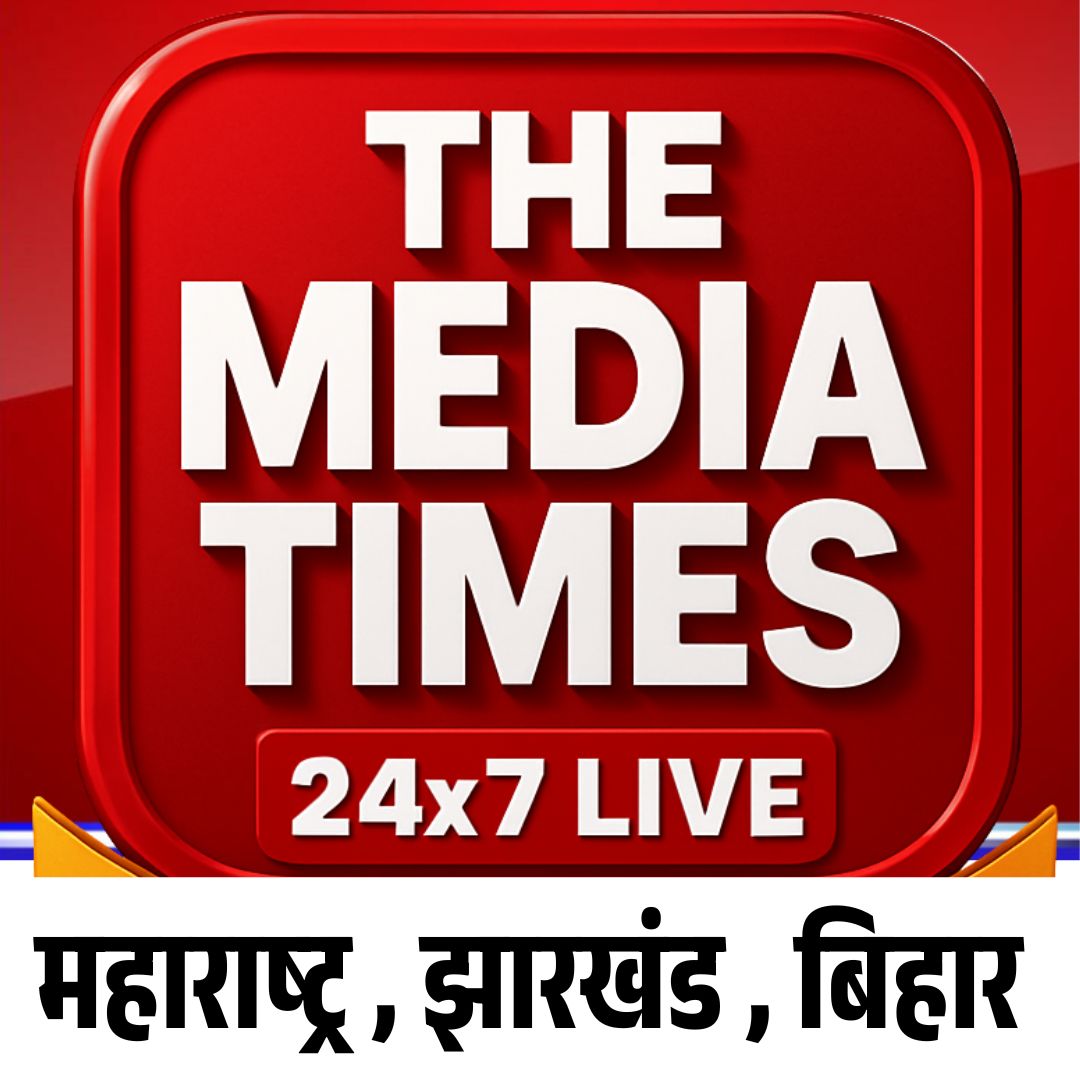Ahead of the historic Asia Cup 2025 final between India and Pakistan, Sunil Gavaskar has issued a pointed warning to Pakistan, urging them to be wary of India’s batting lineup. Despite opener Abhishek Sharma’s impressive form, other Indian batters have yet to find their rhythm. Gavaskar emphasized that several key players, including Shubman Gill, Suryakumar Yadav, Tilak Varma, Sanju Samson, and Hardik Pandya, are poised for significant performances, and Pakistan should not underestimate them .
Gavaskar also addressed concerns about Abhishek Sharma’s potential failure, stating that India has the depth to recover from such situations. He highlighted that even if Sharma doesn’t perform, the team has capable players ready to step up .
Additionally, Gavaskar criticized Pakistan for delaying their match against the UAE over a handshake controversy, accusing them of “holding the game to ransom” .
As the final approaches, both teams are under intense scrutiny. Pakistan captain Salman Agha has vowed an aggressive approach, while former Pakistani cricketer Wasim Akram has advised the team to overcome mental barriers and perform effectively . Meanwhile, India’s bowling coach has expressed confidence in the team’s preparedness and adaptability .
With both teams gearing up for a high-stakes encounter, the Asia Cup 2025 final promises to be a thrilling contest.

The Media Times – Unfiltered. Unbiased. Unstoppable.
The Media Times stands as a pillar of fearless journalism, committed to delivering raw, unfiltered, and unbiased news. In a world saturated with noise, we cut through the clutter, bringing facts to the forefront without agenda or compromise.From hard-hitting investigative reports to thought-provoking analysis, we cover politics, healthcare, business, technology, entertainment and global affairs with an unwavering commitment to truth. Our team of dedicated journalists and experts works relentlessly to challenge narratives, expose realities, and hold power accountable.At The Media Times, we don’t just report the news—we shape conversations, spark change, and empower the public with knowledge.